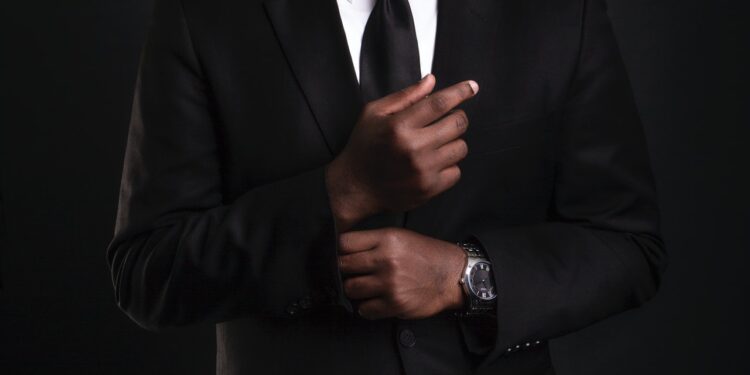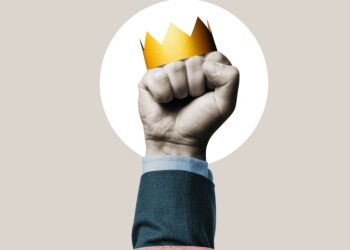More than 150 years after the abolition of slavery, Black people in this country are still suppressed and oppressed in many ways. Not only with physical and legislative chains, but with mental ones.
Those mental chains tell me to keep my hands out of my pockets while in stores so I’m not accused of stealing. They tell me to have my sons or wife with me so I’ll appear less threatening on the street. They tell me to avoid eye contact with police. They tell me to cut my hair short so I’ll look more professional. They tell me to do four times as much—not to get ahead, but to just keep up. It’s beyond stressful to live with this mindset. So I reject it. I refuse to let my future—and my family’s—be limited by fear and intimidation.
Growing up in New York, my parents did a pretty good job of keeping me far from those chains.
Both of my parents were born in Belize, and we came to the United States in the ’80s—shortly after I was born—in search of greater economic opportunity. They didn’t move to the United States with deep knowledge of the institutional racism in this country, but they certainly came to understand it. They became aware of—and felt—the racial injustice of the time.
I wasn’t old enough to comprehend the beating of Rodney King. To fully grasp the racial tensions of the LA riots. But I knew something was brewing.
I grew up in a diverse neighborhood in Yonkers. My schools were filled with kids of different races, religions, and ethnicities. It wasn’t until I was completing high school—and transitioning into college—that my general awareness of race became experiential.
When I walked into my first honors class my freshman year at Pace University and was the only Black student in the room, it was a shock. Where did everybody go? Where were all the friends I made during orientation?
I started to realize that this is what my post-college and professional world might look like. And that proved to be right.
Thanks to this organization, however, I know what it feels like when a team values different experiences and embraces diverse perspectives. The proof of this organization’s commitment to inclusion is in the relationships I’ve made with people of all different backgrounds. Yet as I navigate client engagements, teams, and office floors with infrequent interactions with other Black professionals, the questions I now ask are: Why aren’t we here? And how did I get here?
I wouldn’t say I went into accounting because I thought it was the most exciting career path out there. To be honest, I was drawn to the profession because I was told that accountants made money. I was allured by the monetary opportunity. Growing up, my sense of purpose was tied up in gaining material possessions. I wanted to work hard so I could get as much as I could. But as I began to attain those goals, I realized I still didn’t have a sense of fulfillment despite the nice clothes and a new car.
As the years passed, I connected more deeply to my faith and realized that life’s not just about acquiring material things. I wanted to take my skill set and make a positive impact in society. My voice and my story are part of that skill set.
Returning to work after witnessing the murder of George Floyd was challenging because I was hurting. I felt hopeless. I couldn’t just carry on with business as usual and act like it didn’t happen.
As a Black man in America, I don’t have the privilege of looking past, minimizing, or ignoring the racial injustice that’s plaguing our country right now. It’s real for me. It’s real for my six-year-old son, who came to understand—far too young—that some people may be prejudiced against him because of his skin color. It’s real for my wife, who worries every time I go for a jog. It’s real for so many.
After processing what happened to George Floyd and reflecting on the tragic deaths of Ahmaud Arbery, Breonna Taylor, and others, I wrote a poem titled “Kerosene.” I wanted to lend my voice to the cause. To further understanding of the obstacles Black people face in this country. To affect the hearts and minds of passive observers. To connect with people of conscience of all races who are sitting on the sidelines and haven’t yet realized that this is their fight too.
By Kevin Saunders
The views and opinions expressed in this article are solely Kevin’s own and do not necessarily reflect the opinions of Deloitte or its personnel.












